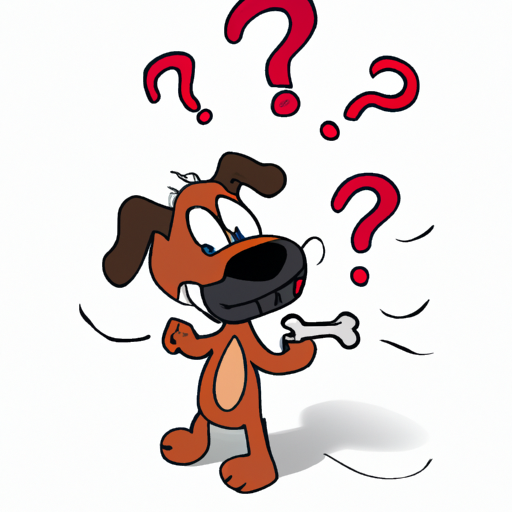Dogs, our loyal and lovable companions, have a peculiar habit that often leaves us scratching our heads: the destruction of their toys. Is this playful destruction merely a source of amusement, or is there more to it?
Understanding Your Dog’s Behavior
Understanding why your dog destroys their toys requires looking at the world through their eyes. Dogs are inherently playful and curious creatures. They explore their environment and learn about it by using their mouth, which is much more sensitive than their paws.
- Instincts: Dogs are descendants of wolves, and like their ancestors, they have inherited certain instincts. These instincts include hunting and foraging for food, which often involves tearing and ripping things apart. When a dog destroys a toy, they are expressing these natural behaviors.
- Teething: Puppies, much like human babies, go through a teething phase where their gums become sore and itchy as their teeth grow. Chewing on toys provides relief from this discomfort.
- Boredom: Dogs require mental and physical stimulation. If they are not getting enough of either, they may turn to their toys for entertainment and exercise.
Why Some Toys Get Destroyed More Than Others
Not all toys meet the same fate in the paws of our canine companions. Some survive for years, while others barely last a day. But why is this the case?
- Material: The texture and material of the toy can affect how much your dog enjoys chewing it. Toys made from rubber or nylon tend to be more durable, while plush toys are easier to tear apart.
- Size and Shape: The size and shape of the toy can influence how easy it is for your dog to chew or tear it apart. Small toys can be easily manipulated and chewed, while larger toys may provide more of a challenge.
| Toy Material | Likely to be Destroyed? |
|---|---|
| Rubber | Less Likely |
| Nylon | Less Likely |
| Plush | More Likely |
How to Choose the Right Toys for Your Dog
Choosing the right toys for your dog can prevent unnecessary destruction and ensure they are getting the stimulation they need.
- Durability: Look for toys that are designed to be durable and withstand heavy chewing. These toys are often made from rubber or nylon and are specifically designed for dogs that love to chew.
- Size: Choose toys that are appropriate for your dog’s size. Toys that are too small can be a choking hazard, while toys that are too large may be difficult for your dog to play with.
- Interest: Each dog has their own preferences when it comes to toys. Some dogs may prefer plush toys, while others may prefer balls or squeaky toys. Experiment with different types of toys to find out what your dog enjoys the most.
How to Prevent Your Dog from Destroying Their Toys
While it may not be possible to completely prevent your dog from destroying their toys, there are steps you can take to minimize the damage.
- Provide Plenty of Exercise: A tired dog is a well-behaved dog. Make sure your dog is getting plenty of physical exercise to burn off energy and reduce boredom.
- Rotate Toys: Instead of giving your dog access to all their toys at once, try rotating them. This can help keep your dog’s interest and make each toy seem new and exciting.
- Training: With patience and consistency, you can train your dog to handle their toys gently. Use positive reinforcement to reward your dog when they play nicely with their toys.
FAQ
Why does my dog destroy only certain toys?
Dogs may prefer certain toys based on their texture, size, or shape. They may also associate certain toys with specific activities or experiences.
Should I stop my dog from destroying their toys?
If your dog is destroying their toys in a safe manner and not ingesting the pieces, it’s generally safe to let them continue. However, if your dog is swallowing pieces of their toys, it’s best to remove those toys and provide safer alternatives.
What should I do if my dog swallowed a piece of toy?
If your dog swallows a piece of toy, monitor them closely for any signs of distress. If they show signs of choking, difficulty defecating, or discomfort, contact your vet immediately.



